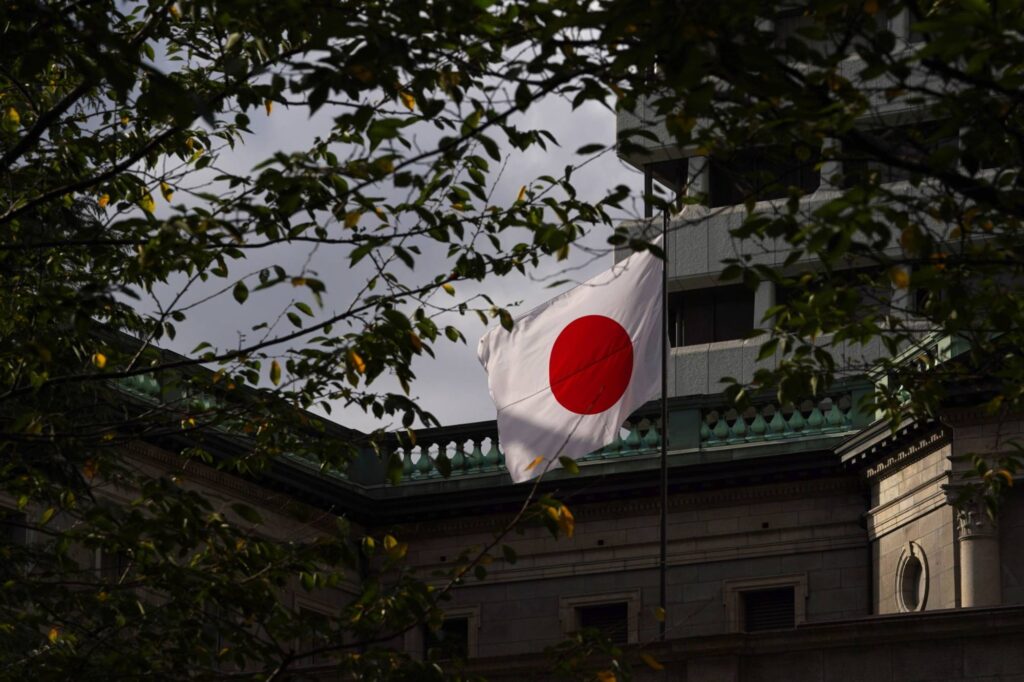Tokyo, 18 November, /AJMEDIA/
Japan’s government on Friday prepared a pair of bills to revise consumer contract laws to help people financially impacted by the dubious sales practices of the Unification Church and other religious organizations.
The government is also planning separate legislation to impose a criminal punishment if religious organizations maliciously solicit donations and is expected to present it to the ruling and opposition parties soon, the ruling Liberal Democratic Party said.
The planned legal revisions come as the Unification Church’s notorious practices have increasingly fallen under the spotlight, with some members saying they were duped into making financially ruinous donations.
The group is also known for its “spiritual sales,” in which people are pressured into buying vases and other items for exorbitant prices through threats, such as invoking negative “ancestral karma.”
Prime Minister Fumio Kishida, whose approval ratings have been plunging, partly due to his government’s handling of the issues surrounding the Unification Church, has said the government intends to submit the bills during the ongoing parliamentary session through Dec. 10.
The two bills would revise existing laws — the consumer contract law and the law on the National Consumer Affairs Center.
By revising the consumer contract law, the government plans to allow consumers 10 years to cancel contracts made for spiritual sales, double the current five-year duration.
It is also considering enabling victims of spiritual sales to cancel contracts signed under duress following threats related to their family members’ lives and properties.
The revisions to the consumer affairs center law would allow the government to release the names of organizations engaging in malicious practices, when it is necessary to protect consumers from them.
The Unification Church, founded by a staunch anti-communist in South Korea in 1954, is now formally called the Family Federation for World Peace and Unification.

